Water Saving Tips

D Jarvis
Environmental Advocate
Contents
Why save water?











Fresh water is a limited resource, yet it is essential for all life on our planet. Whilst it may seem abundant, only 2-3 % of the world’s water is freshwater, most of which is difficult to access.
Save money:
Lower water usage means lower household bills, as well as reduced costs of infrastructure and water treatment.
Support ecosystem health:
Conserving water helps preserve ecosystem health, sustaining plants and wildlife in rivers, wetlands, and other habitats –boosting biodiversity.
Ensure Food security:
Water shortages have a direct impact on sanitation, public health and farming. Conserving water can safeguard health and food security for growing populations.
Reduces energy use:
Water treatment and distribution require significant energy. By using less water, we can lower carbon footprints.
Build Climate Resilience:
As droughts become more frequent, saving water becomes vital to protect the water supply and build resilience during extreme weather events.
Promote Fair Access:
Conserving water helps to provide fair access to this essential resource- especially in vulnerable areas where water scarcity is already a concern.
Where can we save water?
In the kitchen:
Keep your cool
Instead of running the tap and waiting for it to run cold, keep a water jug or reusable bottle in the fridge. According to The Wildlife Trust, this could save up to 10 litres of water a day.
Bonus tip: keep some ice cubes handy to chill drinks quickly!
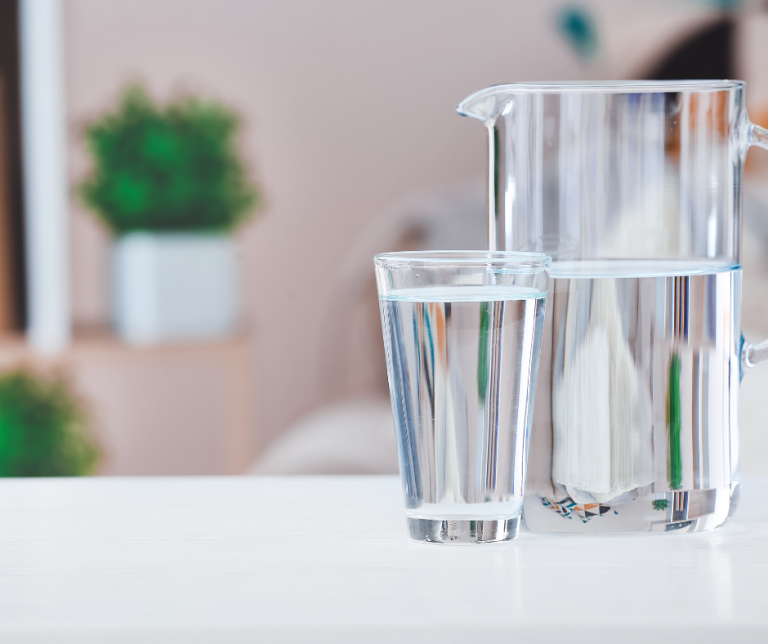
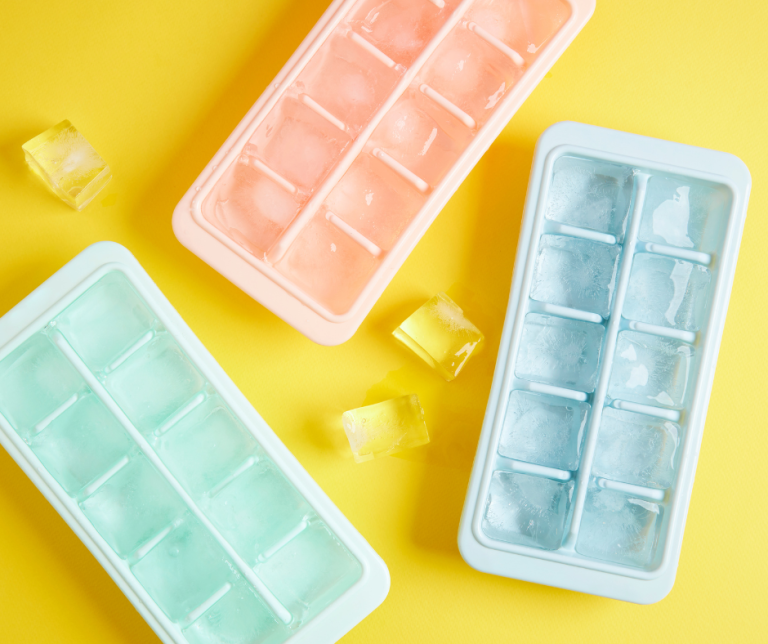
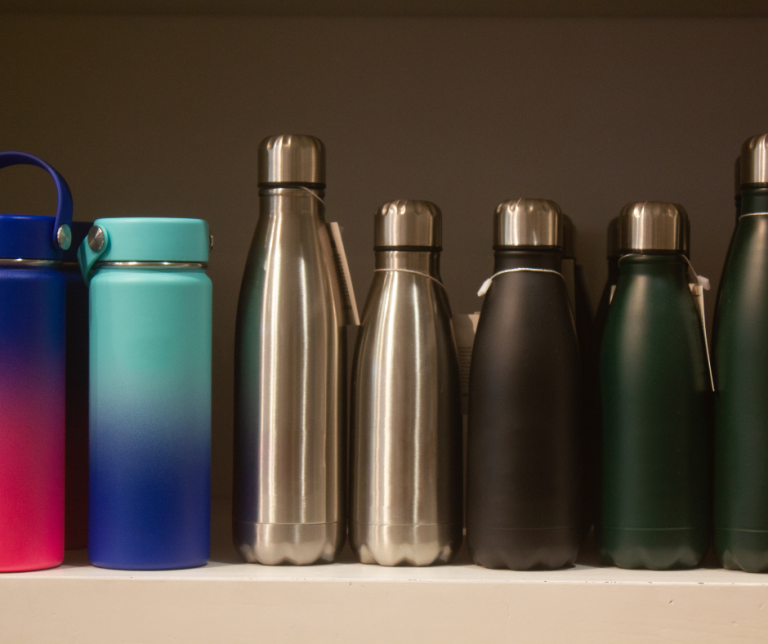
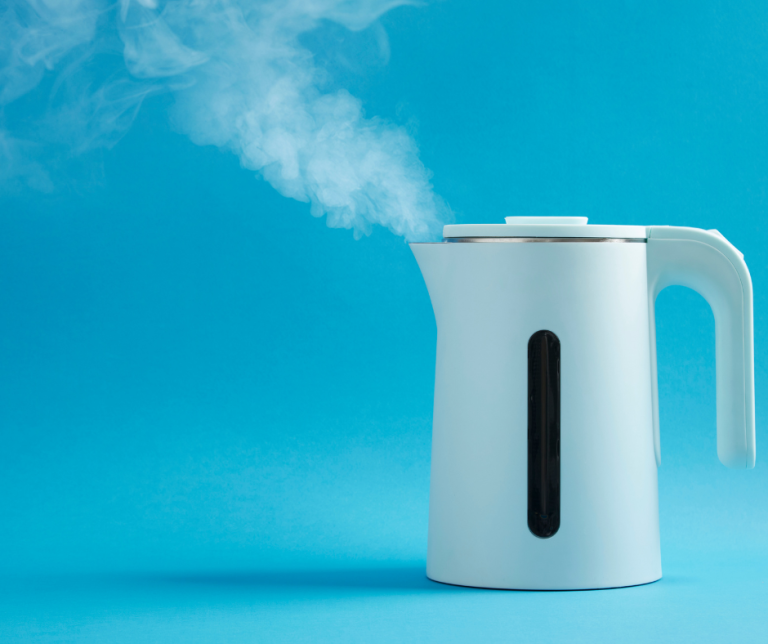
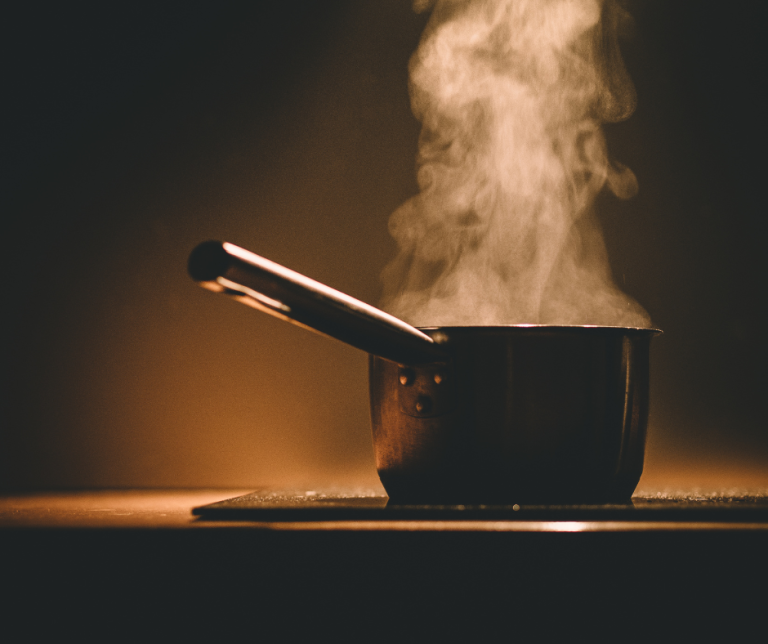
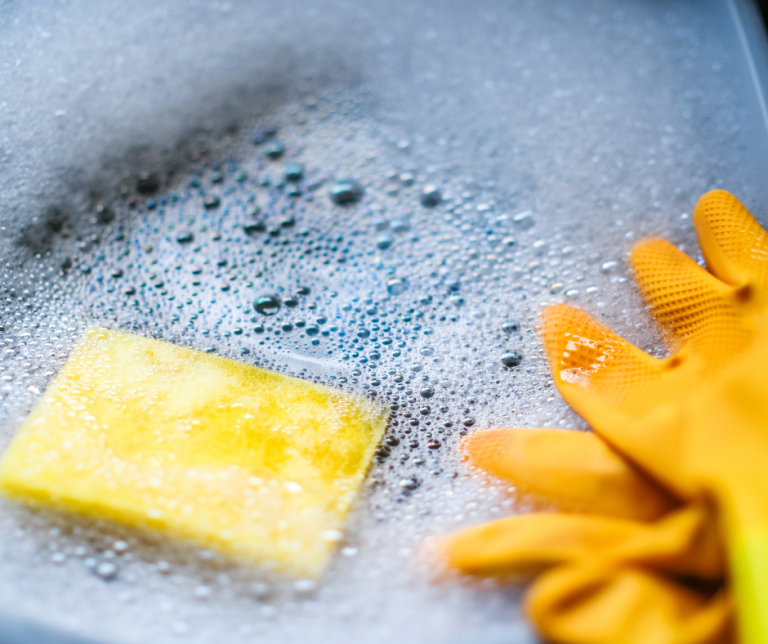
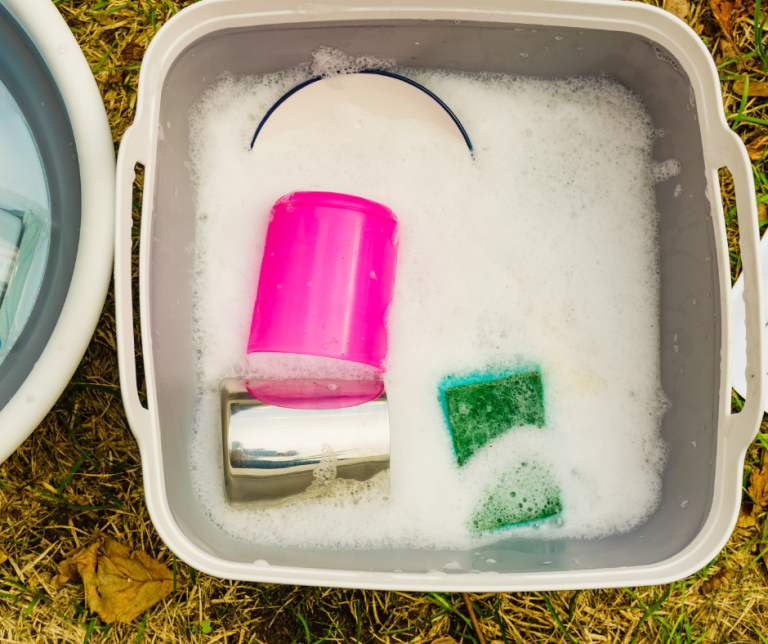
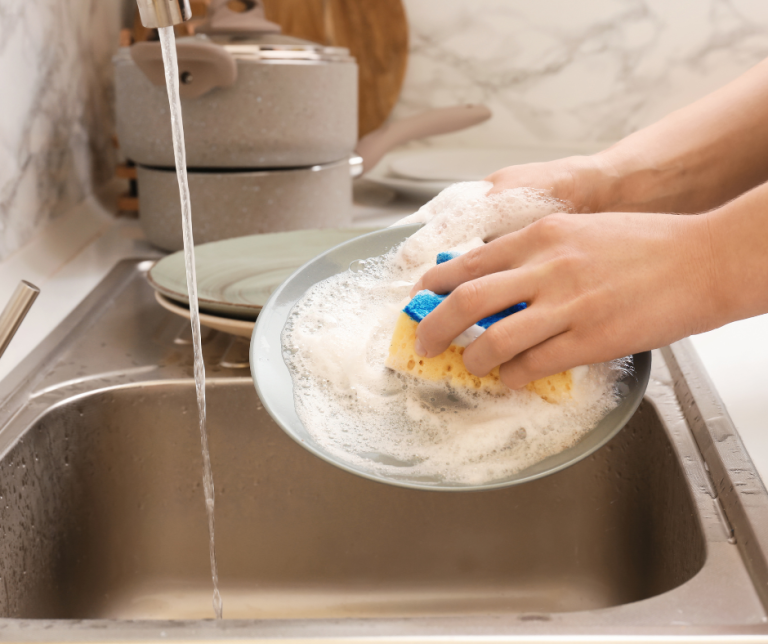
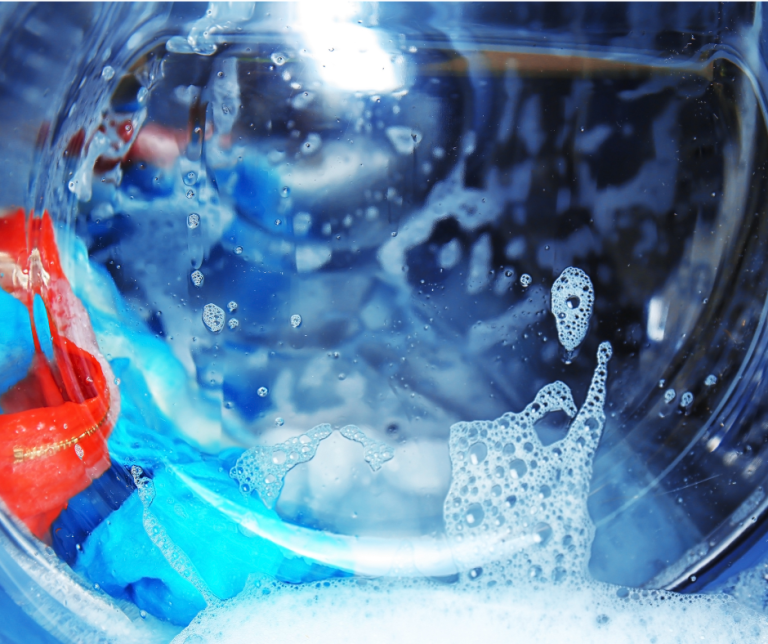
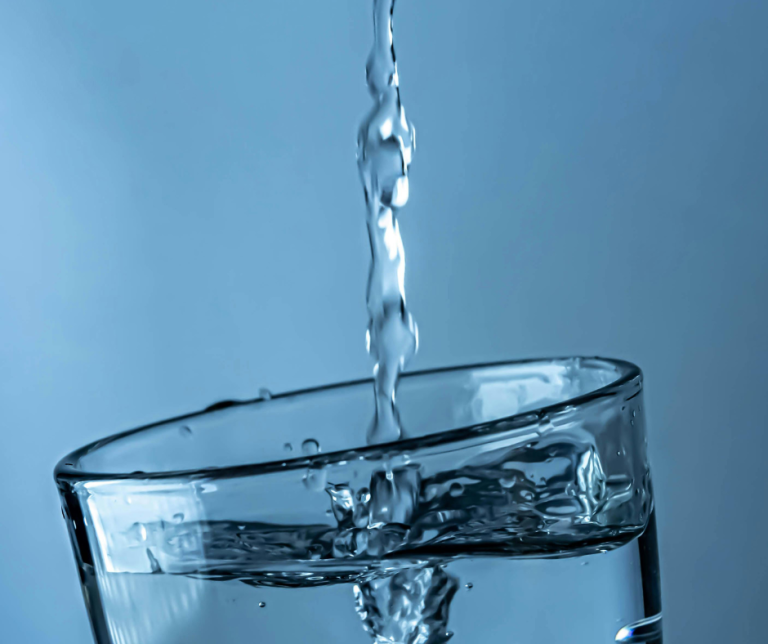
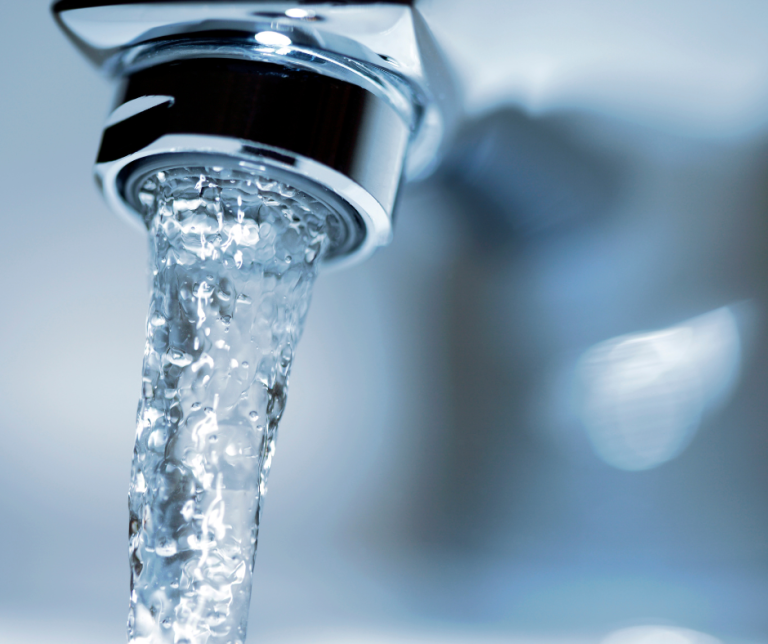
Wash smart
- Using a washing up bowl in your sink will reduce the amount of water you use to wash up.
- Where appropriate, reuse this water for plants or in compost bins.
- Dishwashers are usually more efficient than hand washing, especially if you only run it when it’s full.
- Skip the rinse if using the dishwasher- just scrape the food off and pop them in.
- Eco modes on dishwashers and washing machines use less water and energy, so take advantage of them!
- Always run full loads in your washing machine to make the most of every cycle.
Cooking Tips
- Only boil what you need in the kettle- use the water gauge for guidance.
- Put lids on saucepans to reduce water escaping as steam.
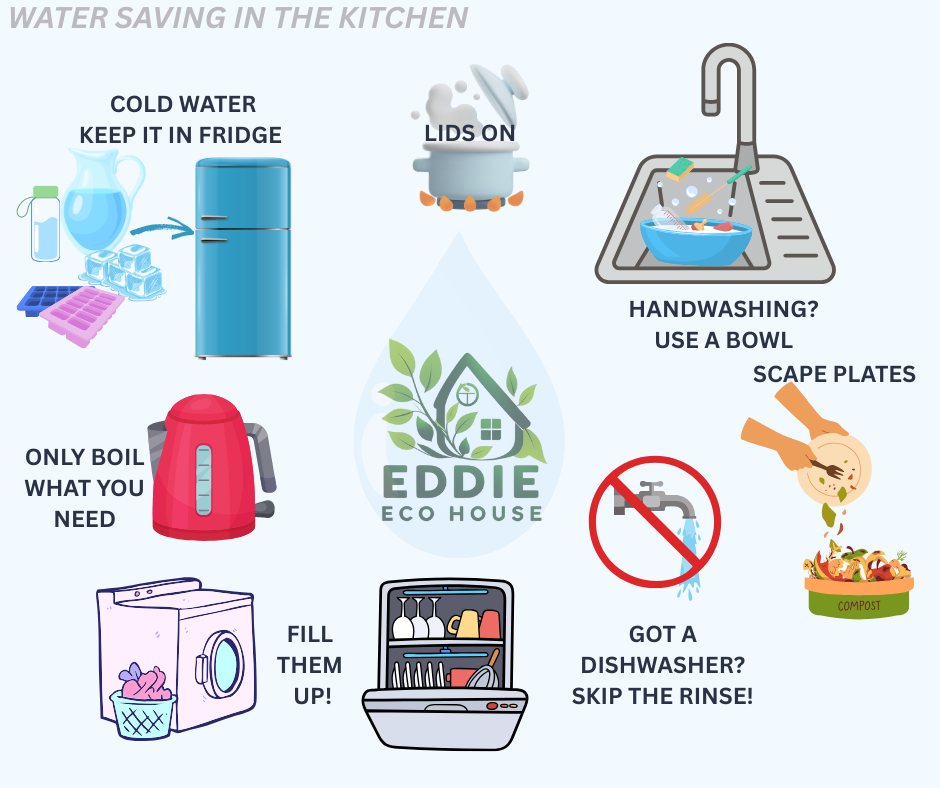
In the Bathroom:
Swap your bottles for bars!
Switching from bottled shampoos, conditioners and body washed to bar or powder alternatives.
They are more concentrated, last longer and often work out cheaper over time.
Plus, they reduce your plastic waste and have a smaller carbon footprint during transport, as they take up less space and can be stacked easier than bottles.
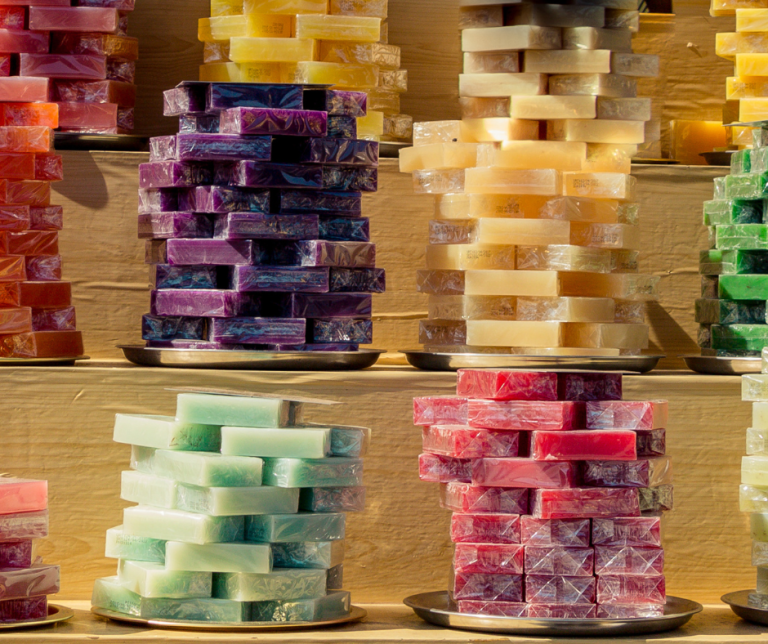
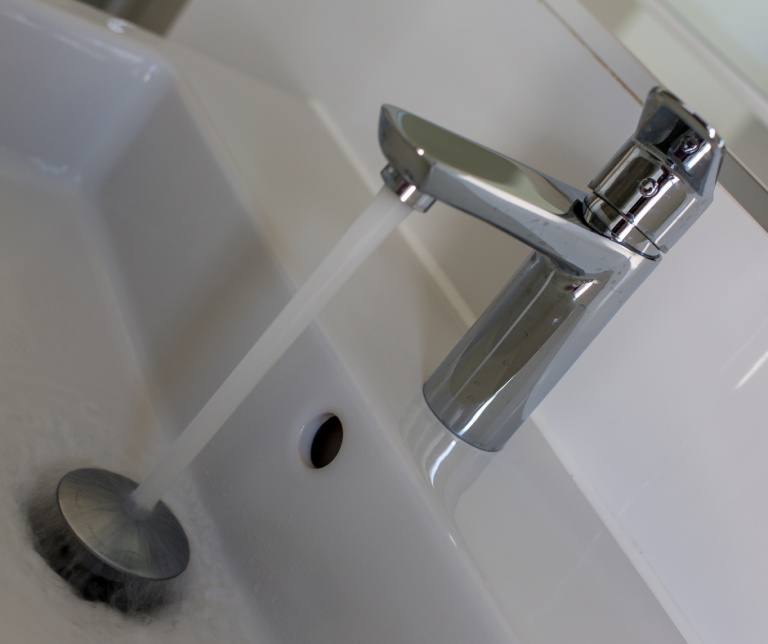
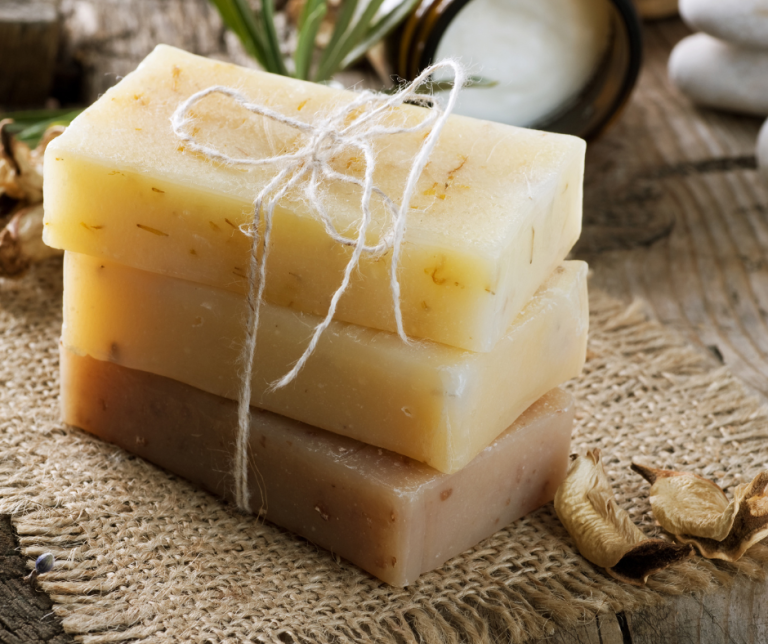
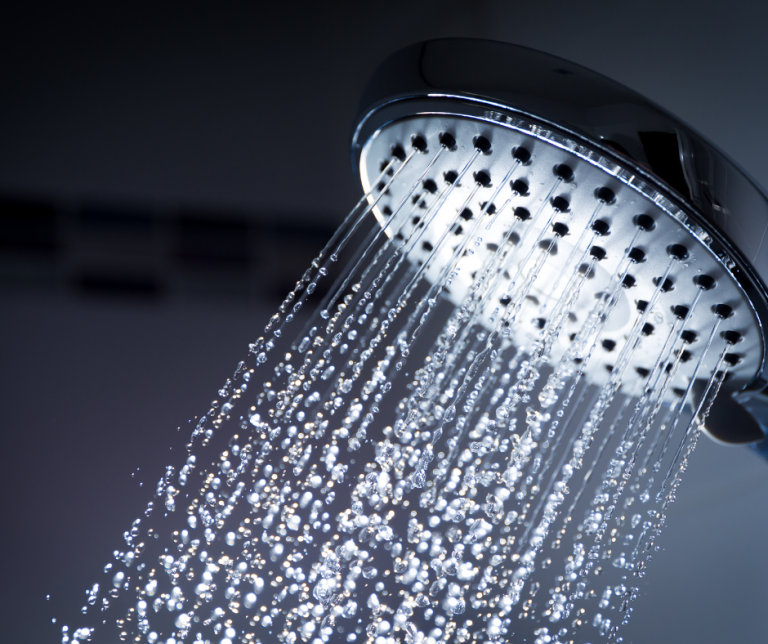
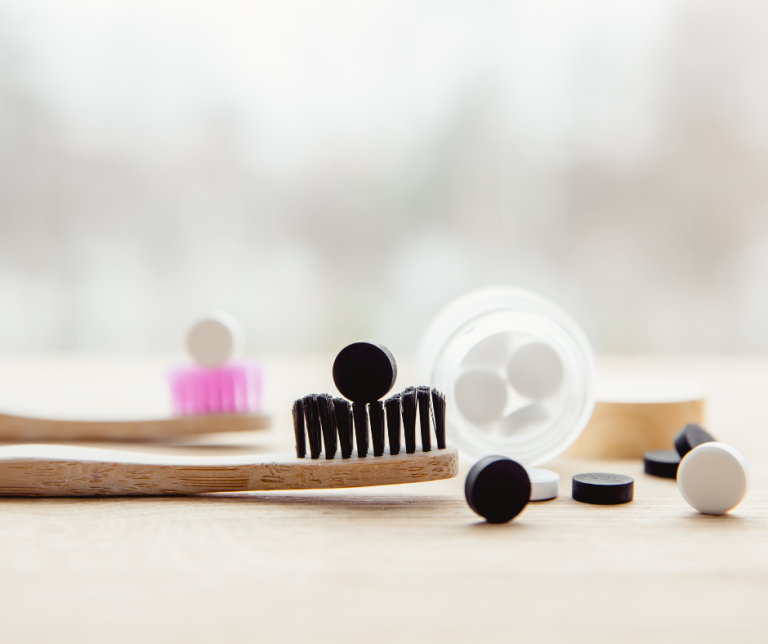
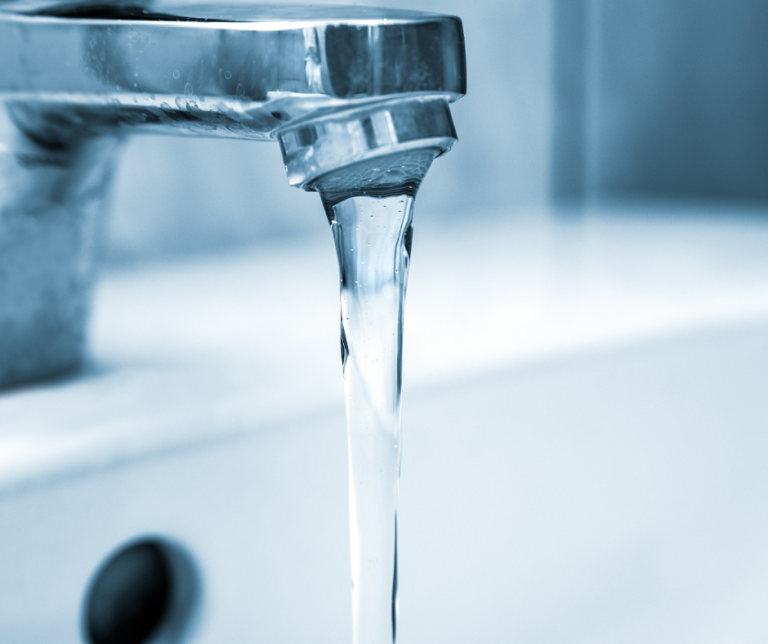
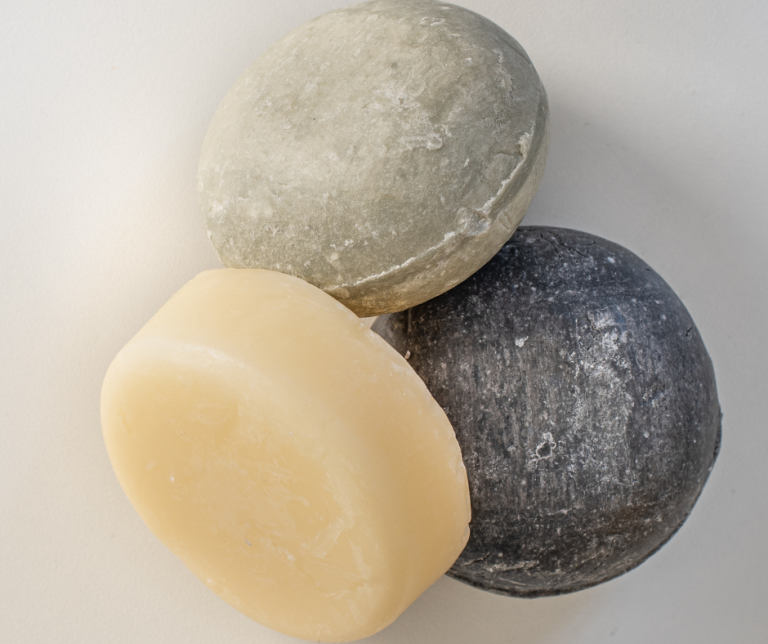
Shower smart
- Showers use less water than baths, especially if you keep them short.
- Aim for 4 minute showers- a shower playlist can keep you to time.
- Consider switching to a water efficient or aerated shower head, reducing the flow without losing pressure.
- Waiting for the shower to heat up? Collect the running water in a jug and use it for your plants.
Taps and Toothbrushes
- Don’t leave taps running unnecessarily, use the plug when needed.
- Turn off taps while brushing your teeth- this can save litres every day.
Flushing Wise
- Got a dual flush loo? Using the smaller flush for lighter waste.
- If not, consider a cistern displacement device- Many water companies offer them for free!
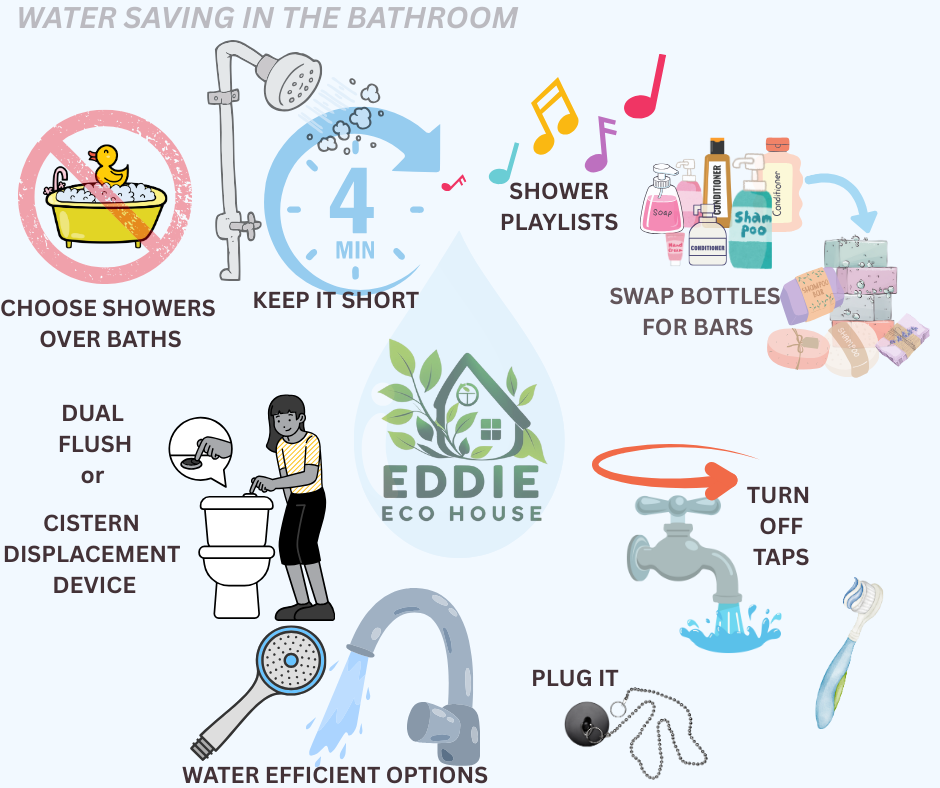
In the Garden:







Harvest rainwater
- Water butts are easy to install, and perfect for saving water for the dry spells.
Some councils even offer discounts! - No water butt?
Add saucers or trays under pots can retain the moisture in summer- just remember to remove them in the autumn to avoid root rot.
Choose drought-resilient Plants
When choosing your plants, opt for drought-resilient options that can thrive with less water.
Water well
- Use a watering can instead of a hose whenever possible.
- Water at the base of the plant, not the leaves or flowers.
- Know your plants- some need daily watering, others don’t.
- If using a hose pipe, attach a spray nozzle that can be turned off between pots.
- Avoid sprinklers- they use a lot of water and often miss the mark.
- Add bark or mulch to soil to improve water retention.
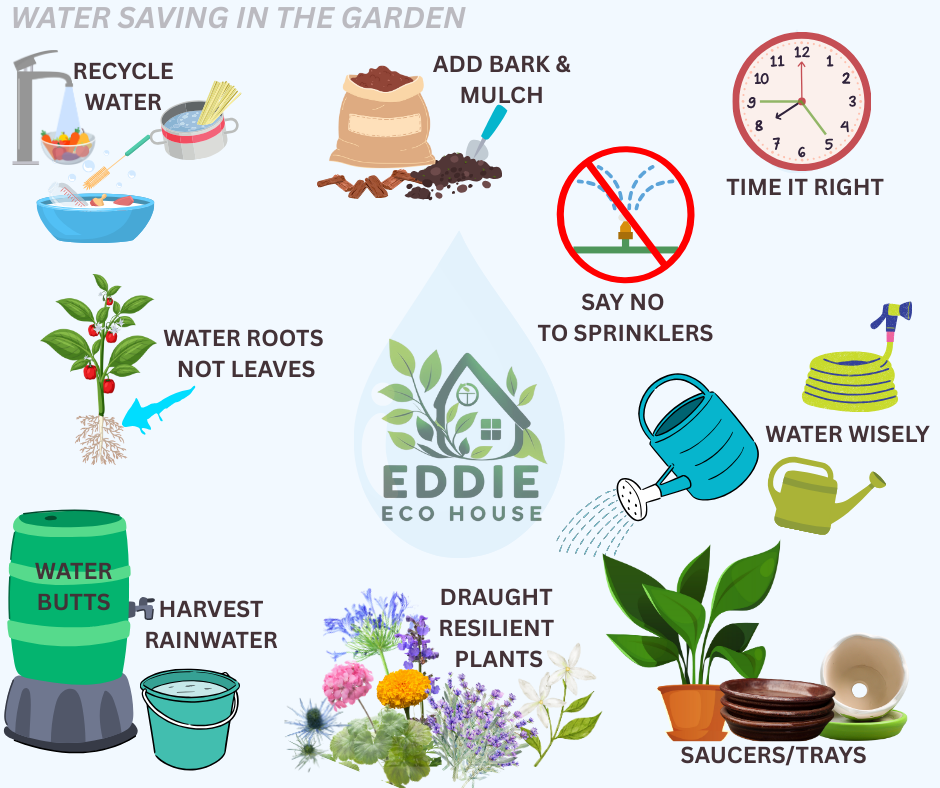
Be SMART with water!
Track it
SMART water meters show you exactly how much water your household uses and when. They can even alert you to hidden leaks.

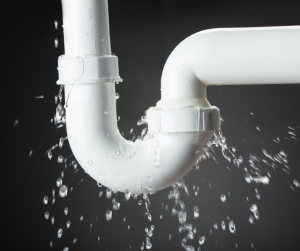
Find and Fix Leaks Fast
A leaky loo or dripping tap wastes water around the clock. Fixing them quickly can save water and your money.
Your water supplier may be able to help if you can’t find the source of a leak.
